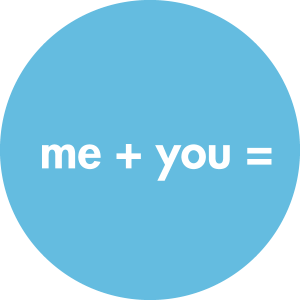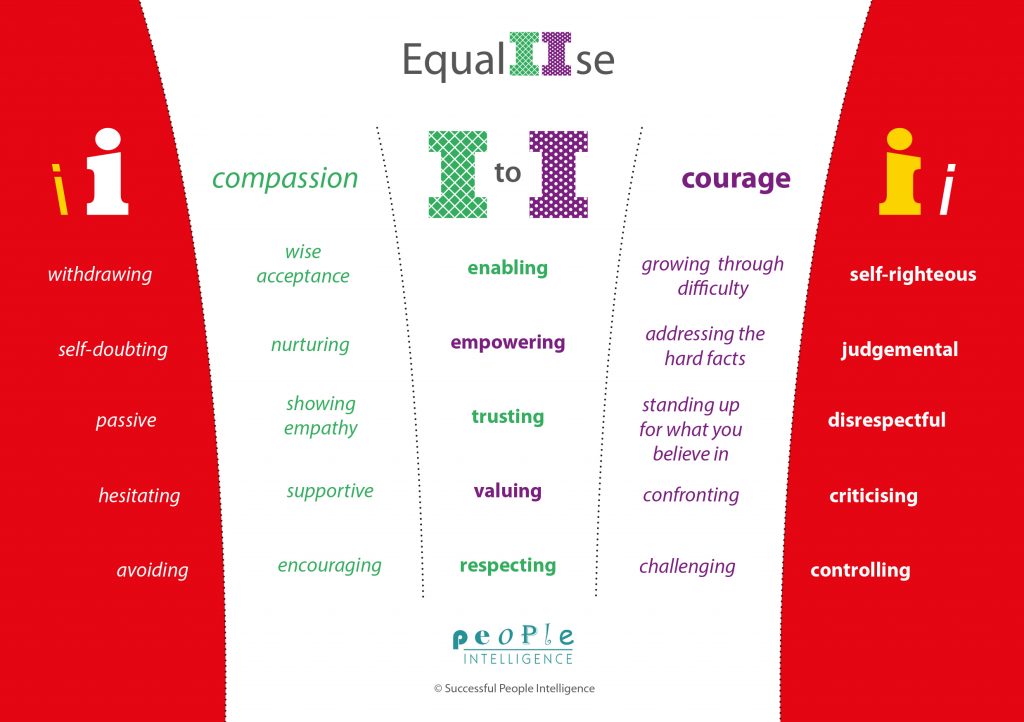Principles for nurturing your integrity
- You’re judged on your performance; your livelihood and reputation depend on this.
- You don’t pick the people you work with and they affect your performance.
- You have to get along with the people around you to get results.
- There are times when you have to do things you don’t want to as part of your job.
- You have to wield authority and / or bend to others’ authority.
- You have to work to standards that others set and deal with their critical feedback.
I believe that respect for yourself and for others is the fundamental requirement for successful relationships at work. Maintaining this two-way respect takes persistent effort and in my experience, it’s best seen, and developed, as a habit rather than something you draw upon at certain key times. Solutions is really about making these habits of respect the norm throughout all the challenges listed above. With Solutions, I offer you all my experience of how to do this via four fundamental approaches.
1. Equal II se
Maintaining respectful relationships, particularly when you’re teetering on the edge of vulnerability.
2. Emotionally intelligent behaviour
Managing your own emotions, and managing of others’s emotions, especially when things are uncomfortable for you and / or those around you.
3. A coaching approach
Keeping an open, and questioning, mind to discover the solutions within — vital at those pivotal moments.
4. Adapting to others
Reflecting, in your words and actions, that others are different from you — so moving beyond, and extending your own, narrower viewpoint.

We all deserve respect
Equal II se is the hardest habit to develop and is at the core of Solutions. Equal II se is synonymous with enabling behaviour – asserting what you stand for without diminishing others. Enabling is the firm ground between avoiding behaviours (allowing yourself to be squashed by a louder voice or an authoritarian presence) and controlling behaviours (squashing others).
The Equal II se model represents attitude.
Your attitude is your approach to each person you work with. Attitude is often distorted by authority and pressure. When you have a big i attitude you set out to control and dominate others. When you have a little i attitude you allow them to control and dominate you. Big i and little i attitudes are often the culprits when relationships at work are buckling.
As a leader, your approach to others will have a huge impact. If you tend to control, you’ll find that others will rebel against you or try and keep out of your way. If you tend to avoid, you’ll find that others will become frustrated and lose motivation. The key is to enable. Enabling brings engagement — tapping into whatever intrinsically motivates your people, so they can find their own solutions and have space to grow.
Worthwhile solutions require you to challenge yourself and to challenge others – peers and colleagues, people who report to you and people to whom you are accountable. Equal II se offers a way of demonstrating mutual respect, valuing who you are and showing your worth.

EI
Over the last two decades a lot of people have worked hard to unravel the contribution of emotion to successful relationships, and therefore success, at work. Emotional Intelligence, as a leadership attribute, has brought emotions to the foreground along with the reality that developing EI in yourself and others presents a lifelong challenge. Situation by situation, sometimes moment by moment, the different facets of emotional intelligence, that affect how you interact, can be amplified or silenced, for example how flexible, open, honest, goal directed or trusting you are. Imagine scanning the broad range of emotions in situations that involve an unwelcome change, receiving praise in public or being in a meeting where you disagree with an esteemed colleague. Understanding how to attune these facets in yourself and others significantly contributes to success at work. If you apply the principles of Equal II se and EI to each interaction, you will be living those qualities of a leader that you once flip-charted on leadership courses.

A coaching approach
There’s a distinction to be made between coaching as an approach to an interaction and an overt coaching relationship with a person in the role of coach. How coaches do what they do can be applied outside of the coaching role and it’s this approach that I offer in Solutions – open-ended questions to ask yourself, and, to use with colleagues, those who report to you and those who you report to. Solutions isn’t a coaching course, it’s a resource you can draw on to increase your effectiveness. It offers you questions to ask and provides you with how-tos so that you don’t overlook taking a coaching approach sideways, downwards or upwards. The collision of authority and relationship may mean you feel awkward about coaching upwards so it’s useful to remember what is suggested here is coaching as an approach not a role.
A coaching approach has the power to change, and elevate, patterns of thinking, it influences the way you interact with others, and how you manage yourself from the inside out.

Adaptability
The way you say things matters. What works for one person, or for you, won’t work with everyone, so adaptability is really necessary for growing people, for developing yourself and, for getting the best out of difficult situations. The way you communicate impacts on others so developing your adaptability through Coacting Styles will ensure the impact you have matches the impact you would choose to have. What you say to others at work, and how you say it (Coacting) is what your people experience on the surface of your every interaction, this in turn, demonstrates your attitude – how much you respect others and yourself (Equal II se); it reveals to what extent you apply emotional intelligence through your words, your behaviour and action; and it highlights your leadership – knowing when to direct, mentor or coach for best results. The Coacting / Adaptability principle gives you the quickest way in to making a big difference in relationships at work. And when relationships at work are strong, solutions surface more easily.


